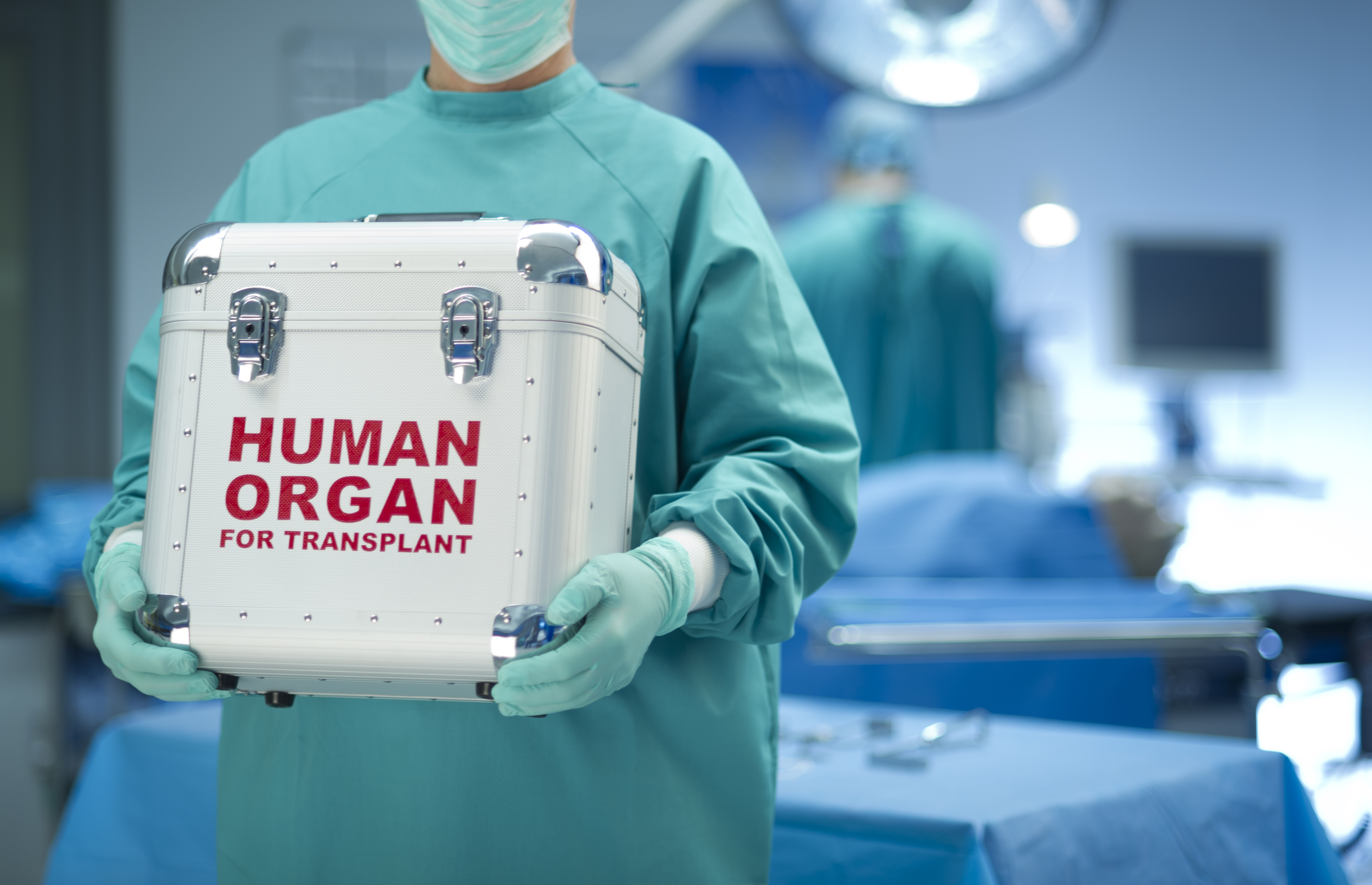Scientists Hope to Eliminate the Need for Anti-rejection Drugs After an Organ Transplant with Experimental Procedure
A patient who received a liver transplant decreased his anti-rejection drugs from 40 to one (with the hope to eventually eliminate all anti-rejection medications being taken) with the help of doctors and an experimental procedure, as published this week by The New York Times. The procedure involves training the immune system of the patient receiving the organ into not attacking the new organ by manipulating white blood cells from both the organ donor and the recipient and later reincorporating those cells into the recipient. The Advantages and Disadvantages of Anti-rejection Drugs In order for organ transplants to be successful, patients must [...]







